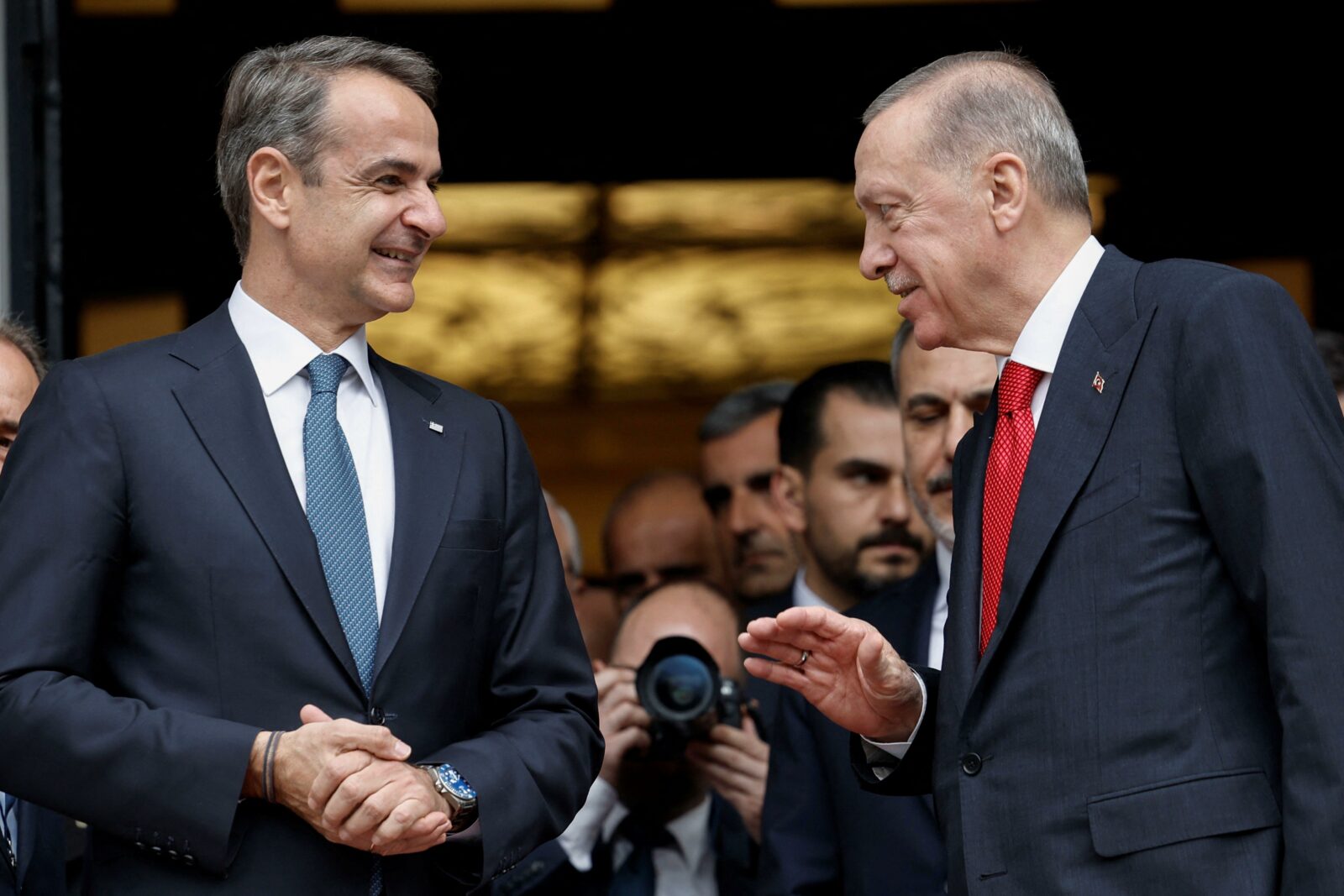
John Koenig, the former U.S. ambassador to Greek Cyprus, provided important insights on Türkiye-U.S. relations and the Cyprus issue.
In an exclusive interview with the Greek newspaper Kathimerini, Koenig recalled the joint statement issued by then-third President Dervis Eroglu and Greek Cypriot leader Nikos Anastasiadis between 2012 and 2015.
He stated, "Anastasiadis effectively ousted Alexander Downer, and this joint statement marked the start of the final round of Cyprus negotiations, which continued until 2017. It also led to a visit by then-Vice President Joe Biden."
Koenig also emphasized the importance of cooperation between Turkish and Greek Cypriots.
"Greek Cypriots must understand that their real friends for a better future are Turkish Cypriots," he said. He added that border crossings and measures that facilitate daily life need to be constantly monitored.
Regarding U.S. policies in the Eastern Mediterranean, Koenig noted that the U.S. cannot describe its presence in the region as a "peacekeeping" force.
"Our main goal is to protect Israel and limit Iran's influence. Our activities, including the deployment of missile-defense ships, are consistent with the support we have given to Israel since October 7, 2023," he said.

Koenig also discussed Türkiye-U.S. relations, stating, "Under Erdogan, Türkiye has pursued a more independent and multidimensional foreign policy, which does not align with NATO and EU ambitions. This approach has been successful for Türkiye, and the U.S. generally just responds to it."
He also mentioned that he believes the U.S. does not have a comprehensive strategy for the Eastern Mediterranean.
Koenig highlighted that the period between 2012 and 2015 had been a hopeful one for Cyprus negotiations.
"However, with the failure of the 2017 Crans Montana talks, no progress was made toward a solution. Reunification will not be on the table for the next few decades," he said.
Koenig explained that the U.S. efforts to tackle illegal economic activities in Greek Cyprus are part of a broader strategy not limited to just Russia.
"This issue has been on our agenda since the days of Tassos Papadopoulos. During the Yugoslav war, he had been flagged for suspicious economic activities," Koenig explained.
He mentioned that U.S. sanctions on Greek Cyprus have helped clean up the Cypriot economy, particularly in blocking illegal Russian activities within the European banking system.
"While increasing cooperation with Greek Cyprus, we must not forget the scale difference between our two countries. A partnership with a nation of 1 million people carries much more significance for Greek Cyprus than it does for the U.S.," he concluded.
Koenig emphasized that U.S. policies in the Eastern Mediterranean are primarily shaped by strategic interests.